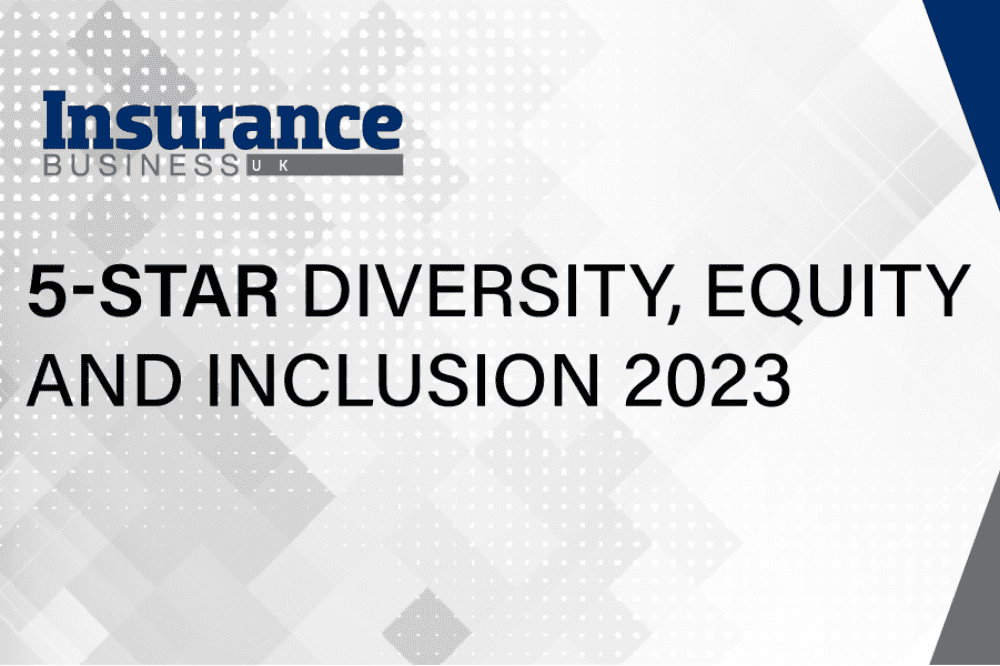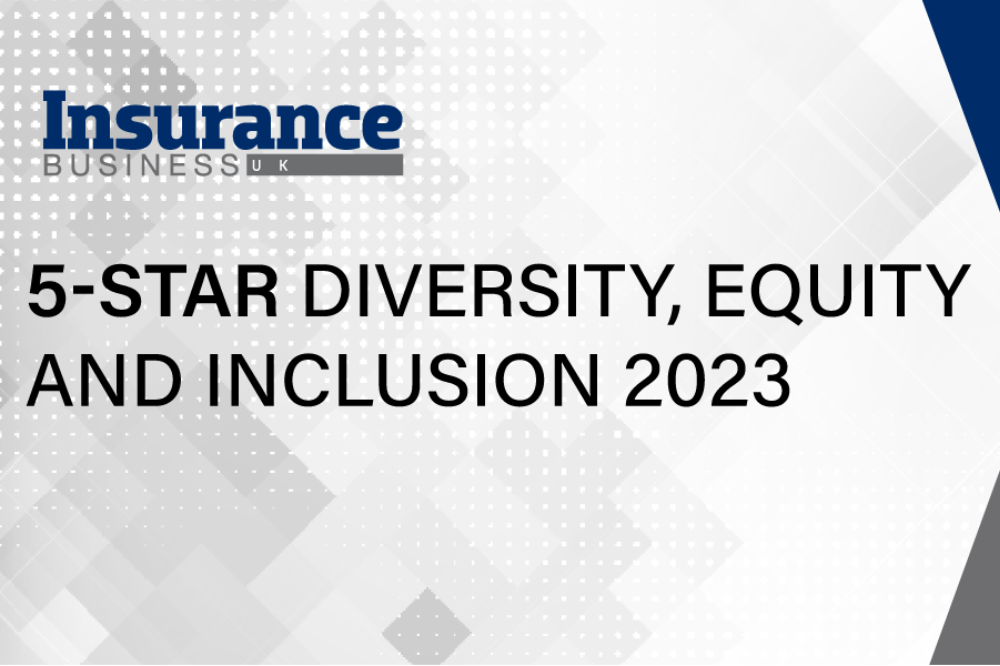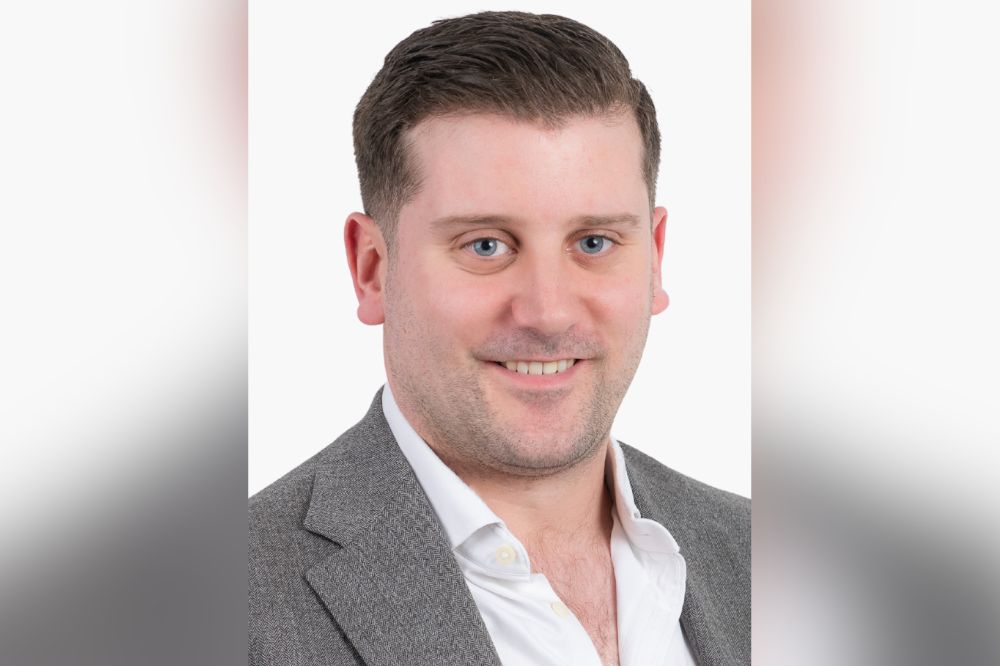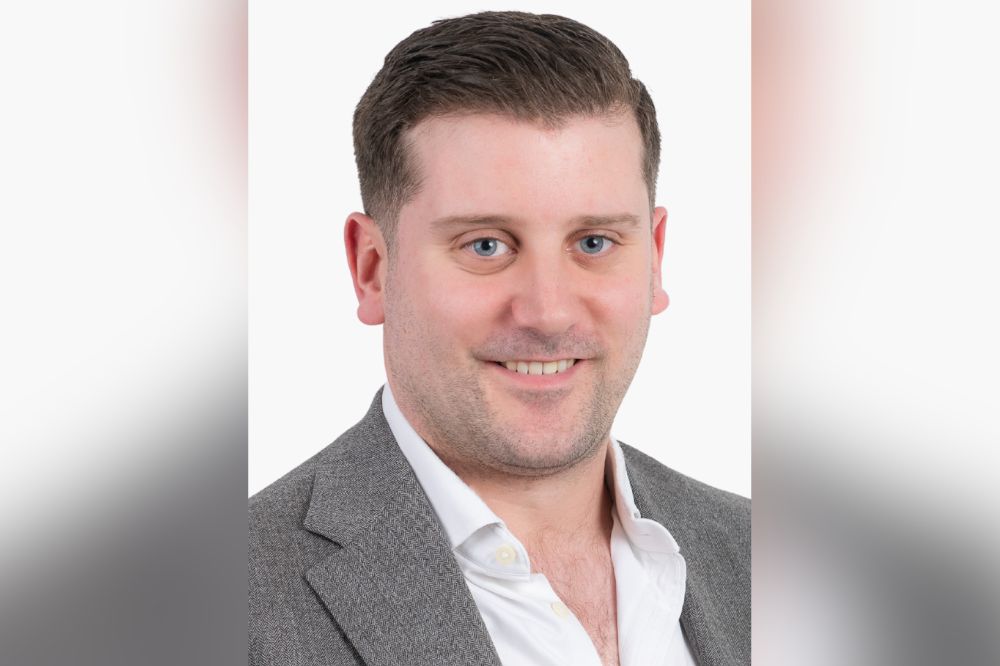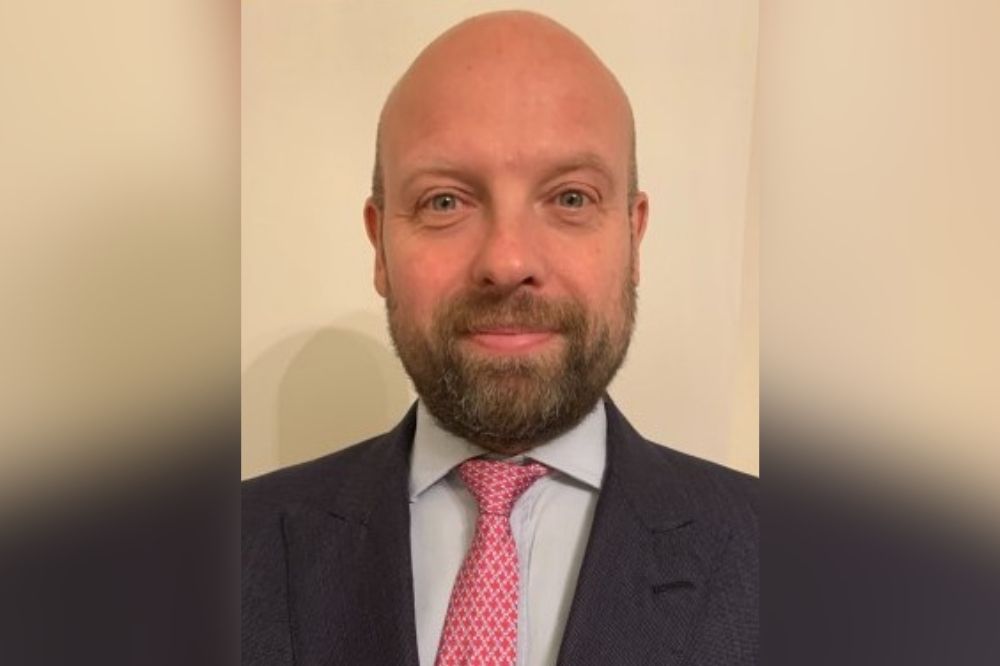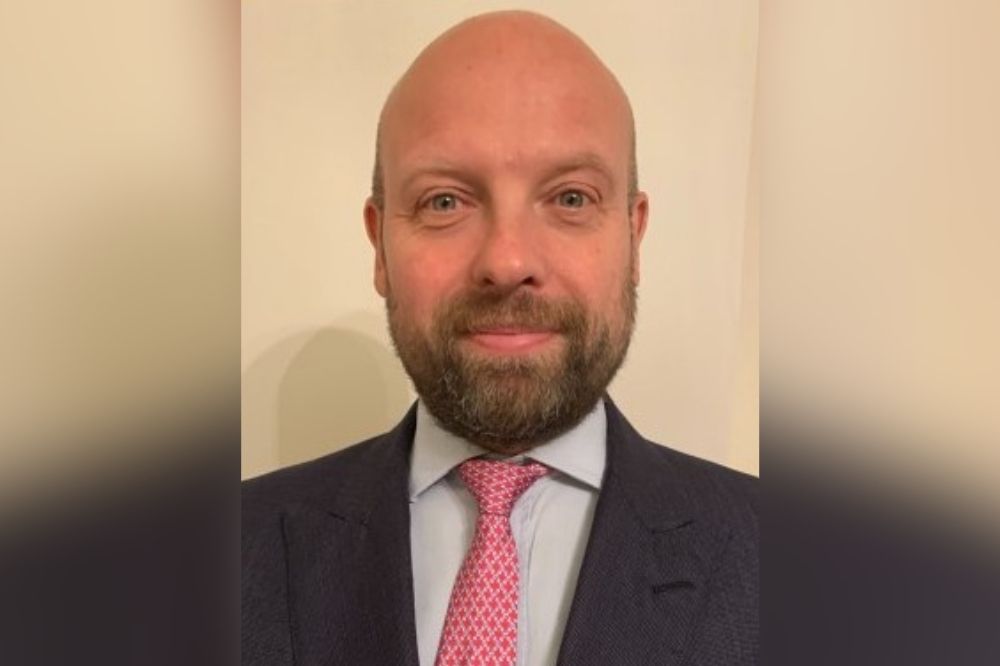![]()
Run in collaboration with the M&A Research Centre at The Bayes Business School, the survey said the positive performance of Q1 was driven by Asia-Pacific deal activity, where buyers outperformed their regional index by 13.8 percentage points. The Asia-Pacific region saw 43 deals closed in the first quarter, a 7% drop in volume from Q1 2022.
There was a significant slowdown in M&A activity globally, posting the lowest first-quarter figures since 2015 with 157 deals completed worldwide in Q1 2023, compared to 220 deals in Q1 2022 and 202 deals in Q4 2022, WTW reported.
North American acquirers underperformed their regional index by -3.9 percentage points with only 79 deals closed in Q1, a 32% drop from Q1 2022. Dealmakers in Europe underperformed their index by -7.4 percentage points with 30 deals completed in the first quarter, 39% down from Q1 2022. UK buyers underperformed by 1.4 percentage points.
“The sharp decline in M&A deals completing this quarter is the inevitable hangover effect following an outstanding year in 2021, compounded by the macroeconomic and geopolitical headwinds that bruised the market last year,” said Jana Mercereau, head of corporate M&A consulting, Great Britain, at WTW. “At the same time, M&A markets are far from closed. The number of deals we’re seeing in the pipeline has not dropped at all, but many have made slower progress towards completion, or have paused, as buyers adopt a ‘wait and see’ approach. Dealmakers remain fairly bullish and believe M&A activity will increase in the second half of 2023 as markets stabilise and interest rates level.”
Cross-sector deals flourish
The need to adopt new technologies and talent, reach new markets, and overhaul supply chains has spurred cross-sector deals to their highest level since WTW’s M&A survey began in 2008.
The survey also found that the median time to close deals in the first quarter was the slowest since 2008, with 71% of deals taking at least 70 days to complete, up from 53% less than 18 months ago. This trend is directly linked to the rise in cross-sector acquisitions, which generally take more time to close, as well as a greater need for more robust due diligence.
“There are tremendous opportunities to explore for acquiring companies, especially corporates and PE funds with high levels of capital,” Mercereau said. “Some sectors that have been resilient or benefitted from the pandemic, such as technology or healthcare, may continue to see strong demand. The banking industry is also expected to see significant consolidation, while the technology, media and telecom (TMT) sector has never been hotter.
“For buyers pursuing deals in the current uncertain economic climate, it will be more important than ever to conduct disciplined due diligence and dive deeper into potential weaknesses in a target,” she said. “Retaining and integrating new employees after a deal closes will also be critical for the acquisition to deliver value, especially if the objective is to boost talent by acqui-hiring. This means well-crafted retention incentives must be a top priority, especially in today’s tight labour market.”
Have something to say about this story? Let us know in the comments below.
Source







